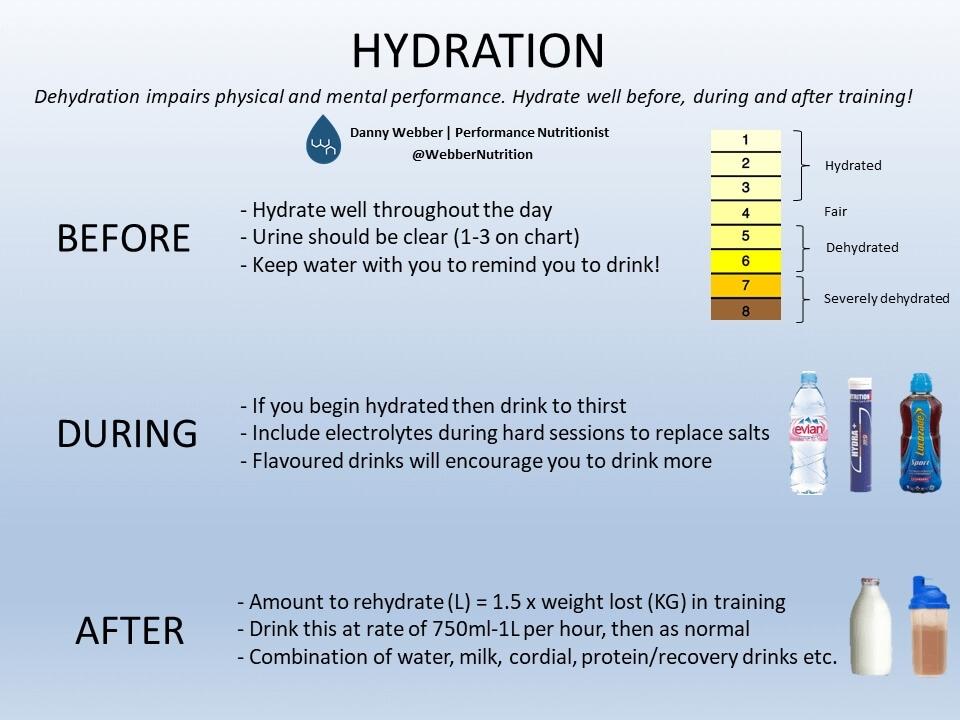Hydration is key when it comes to working out and exercising! Staying hydrated can make a huge difference in your performance while exercising, but many young people don’t realize how important it really is. In this article, I will be discussing the importance of hydration for exercise performance, why it’s so important, and tips to help you stay hydrated during exercise. So if you’re an 18-year-old student looking to get the most out of your workout, then this article is for you!
Why Hydration is Vital for Optimal Exercise Performance

Staying hydrated is a key factor to take into consideration when it comes to exercise performance. Water is essential to ensure your body functions are working properly and to keep your energy levels up throughout physical activity. Hydration helps your body regulate its temperature during a workout, keeps your muscles lubricated and helps your body get rid of waste more efficiently. When you don’t drink enough water while exercising, you can experience physical symptoms like dizziness, nausea and muscle cramps. Not drinking enough water can also affect cognitive performance and impede your ability to concentrate and think clearly. Hydrating properly is essential to maximize exercise performance, avoid fatigue and reduce the risk of injury.
How Much Water Should I Drink Before and During Exercise?

When it comes to hydration, it’s important to know how much water you need to drink before and during exercise. If you’re an 18 year old student and sweating it out in the gym, you should aim to drink at least 16 ounces of water two hours before exercise and 8 ounces of water just before starting. During exercise, it’s important to drink 6 to 12 ounces of water every 15 to 20 minutes. This will help keep you hydrated and prevent dehydration. Make sure to also chat with a coach or trainer about your hydration needs, as everyone is different.
What are the Symptoms of Dehydration and How Can It Impact Exercise Performance?

Dehydration during exercise is a serious matter. When you’re not hydrated, it can lead to fatigue, headaches, dizziness, and increased heart rate. As dehydration progresses, your energy levels may drop and you may experience cramps or nausea. Your performance during exercise can be seriously affected by dehydration. When you don’t have enough fluids, your body won’t be able to work as hard or as long as it needs to. This can lead to a decrease in your physical performance and a decrease in your stamina. It can also make you more susceptible to injury. So, make sure to stay hydrated before, during, and after exercise to ensure you perform your best.
Strategies for Staying Hydrated During Exercise

As an active student, staying hydrated during exercise is essential to keep my performance at its peak. To ensure I stay hydrated, I make sure to drink plenty of water throughout the day, not just during exercise. I also like to have a reusable water bottle with me during my workouts, which helps me keep track of how much I’m drinking. Additionally, I make sure to drink a glass of water before, during, and after my exercise session to make sure I’m properly hydrated. Lastly, if I’m engaging in an intense workout session, I like to have a sports drink to replace the electrolytes I’m losing.
The Benefits of Hydrating After Exercise

Hydrating after exercise is essential for a number of reasons. Firstly, it can help to replace lost fluids and electrolytes, helping to avoid dehydration and fatigue. Secondly, it can help to replenish energy stores, aiding in the recovery process and aiding in muscle repair. Lastly, it can help to reduce the risk of post-exercise soreness, helping to reduce the impact of intense workouts. Hydrating after exercise is an important part of any fitness routine and can help to maximize exercise performance.




